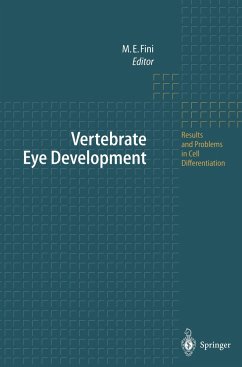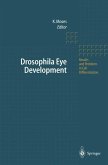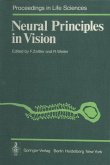"Who would believe that so small a space could contain the images of all the universe?" Leonardo da Vinci The last years of the 20th century have found the discipline of Developmental Biology returning to its original position at the forefront of biological re search. This progress can be attributed to the burgeoning knowledge base on molecules and gene families, and to the power of the molecular genetic ap proach. Topping the list of organ systems which have provided the most significant advances would have to be the eye. The vertebrate eye was one of the classic embryologic models, used to demonstrate many important prin ciples, including the concepts of inductive tissue interactions first put forth in the early 1900s. Within the last decade of this century, a return to some of the old questions with the new approaches has put eye development back into the limelight. I find this a highly appropriate topic for a book which aims to spark research for the new millennium. We begin with a chapter that discusses the anatomy of eye development, providing the basic reference information for the chapters that follow. A novel aspect of this introduction is the connection made between develop mental strategies and the eye's optical function. What also emerges from this chapter is the number of important eye structures that have barely been touched by the modern developmental biologist. Work on cornea and ante rior chamber development has lagged behind lens and retina.
Bitte wählen Sie Ihr Anliegen aus.
Rechnungen
Retourenschein anfordern
Bestellstatus
Storno








